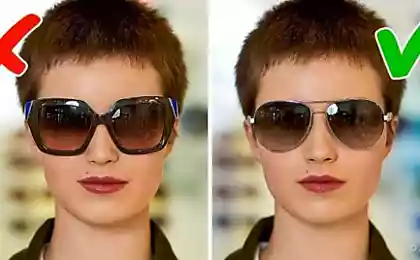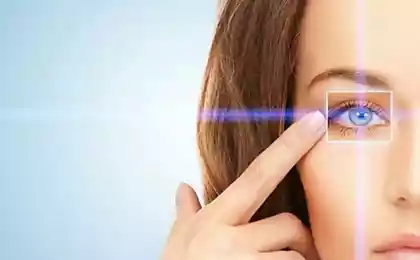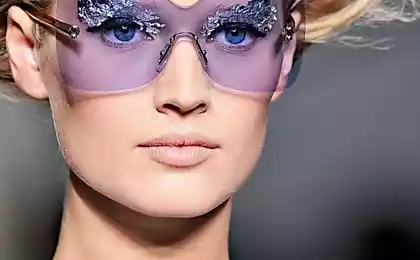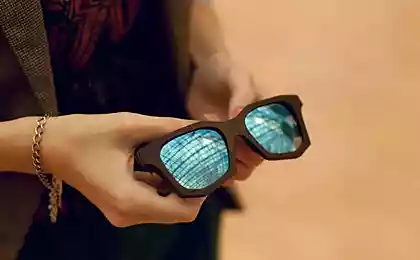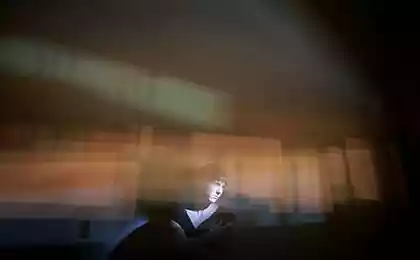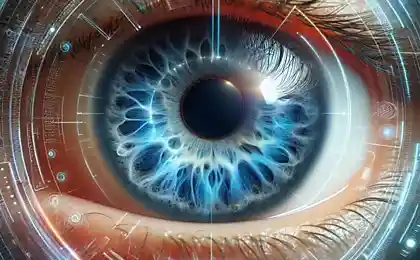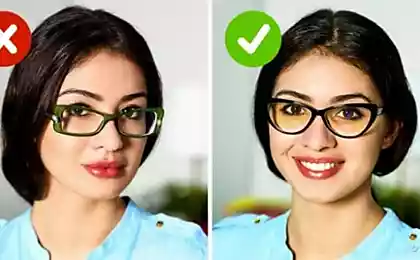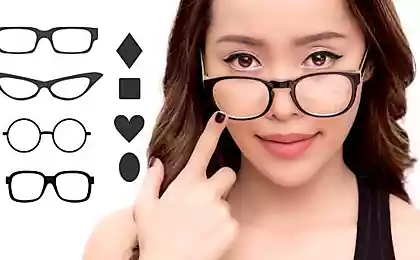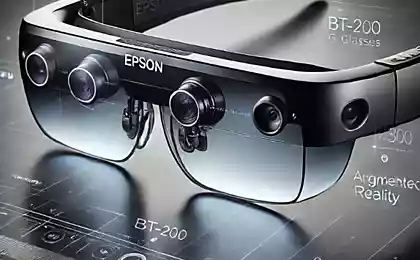173
Does wearing glasses affect the state of vision?
There are many reasons why people don’t want to wear glasses. Someone does not like how he looks from the outside, someone remembers how he was teased as a child or can not accept his new attribute. However, a lot of people just try to delay the moment of constantly wearing glasses. And the point here is not so much in comfort and aesthetics, but in superstition that the sooner you start wearing glasses, the faster your vision will deteriorate. Are they right?
Points are shown in two cases: nearsightedness (or myopia) and farsightedness (hyperopia). Farsightedness is mainly associated with age, when people over 40 notice that they find it difficult to read in low light. With age, the lens of our eyes age and harden, losing the ability to quickly “switch” (focus) from one object to another (especially if objects are at different distances from each other). A person increasingly turns to glasses, getting a "comfortable" state. When the lens reaches such a state that people can not read text at arm’s length, wear glasses constantly. To date, there are no experimentally confirmed facts indicating the negative impact of wearing glasses on vision. People may feel that they are becoming more and more dependent on glasses, but this is due to the aging of the eye lens. Reading with glasses does not affect how a person sees without them.
The situation is somewhat different with children. Refusing glasses or wearing eyepieces that do not correspond to the level of vision can lead to rather negative consequences in adulthood. For quite some time it was believed that wearing a child weaker glasses than they really needed, can stop the stretching of the eyeball, and, thereby, slow the progression of myopia. However, in 2011, this theory was refuted by studies conducted by Malaysian doctors. In children with myopia who wore glasses that did not meet their real needs (weaker), later vision only worsened, and myopia progressed. The benefits of wearing glasses by children in case there are such vision problems are obvious. Children’s eyes need to be “teached” to see correctly to avoid the so-called “lazy eye” effect, when the child does not get a clear picture and does not train his lens.
Despite the fact that there are many prejudices that the constant wearing of glasses contributes to the deterioration of vision, reality is not.
Source: estet-portal.com
Points are shown in two cases: nearsightedness (or myopia) and farsightedness (hyperopia). Farsightedness is mainly associated with age, when people over 40 notice that they find it difficult to read in low light. With age, the lens of our eyes age and harden, losing the ability to quickly “switch” (focus) from one object to another (especially if objects are at different distances from each other). A person increasingly turns to glasses, getting a "comfortable" state. When the lens reaches such a state that people can not read text at arm’s length, wear glasses constantly. To date, there are no experimentally confirmed facts indicating the negative impact of wearing glasses on vision. People may feel that they are becoming more and more dependent on glasses, but this is due to the aging of the eye lens. Reading with glasses does not affect how a person sees without them.
The situation is somewhat different with children. Refusing glasses or wearing eyepieces that do not correspond to the level of vision can lead to rather negative consequences in adulthood. For quite some time it was believed that wearing a child weaker glasses than they really needed, can stop the stretching of the eyeball, and, thereby, slow the progression of myopia. However, in 2011, this theory was refuted by studies conducted by Malaysian doctors. In children with myopia who wore glasses that did not meet their real needs (weaker), later vision only worsened, and myopia progressed. The benefits of wearing glasses by children in case there are such vision problems are obvious. Children’s eyes need to be “teached” to see correctly to avoid the so-called “lazy eye” effect, when the child does not get a clear picture and does not train his lens.
Despite the fact that there are many prejudices that the constant wearing of glasses contributes to the deterioration of vision, reality is not.
Source: estet-portal.com



